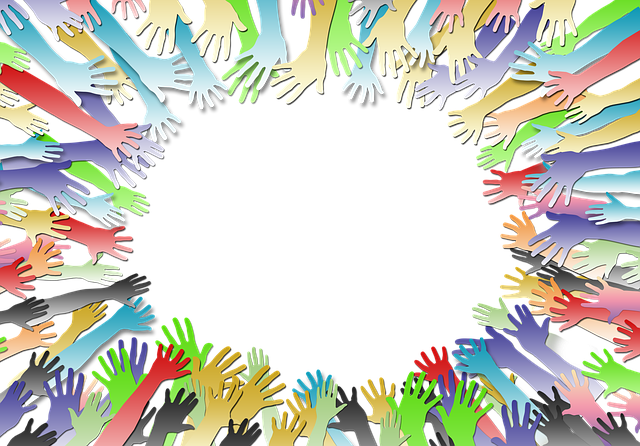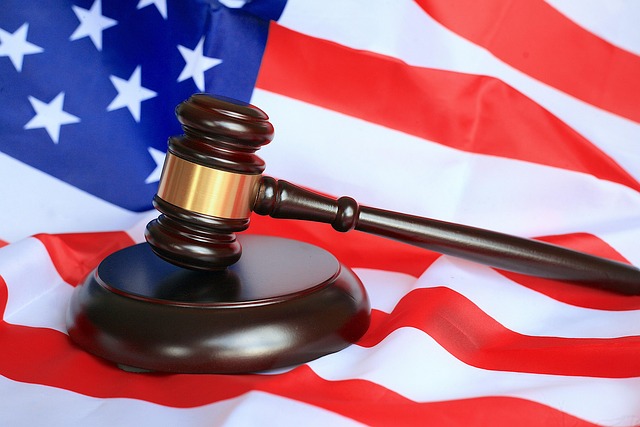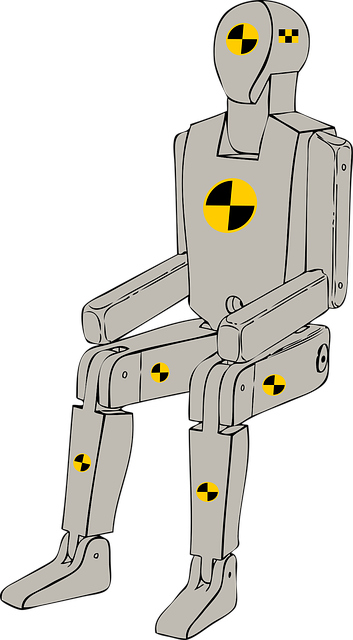Family dynamics are significantly disrupted when a loved one experiences Post-Traumatic Stress Disorder (PTSD) due to an auto accident or traumatic event, affecting daily routines and emotional support. Navigating legal claims for such injuries can be complex, especially with potential issues like nursing home neglect or property damage. Family members play a crucial role by gathering evidence, documenting symptoms, and ensuring deadlines are met, while legal representation guides them through homeowner insurance claims to secure fair compensation. Support systems, including non-profit organizations specializing in PTSD, offer crisis intervention and peer support groups for individuals with shared experiences, aiding in their healing process.
Post-Traumatic Stress Disorder (PTSD) doesn’t just affect individuals; it profoundly impacts entire families. When a loved one experiences a PTSD injury, the ripple effects can be widespread, altering dynamics and creating unique challenges. This article delves into understanding the complex interplay between PTSD and family life, exploring navigation strategies for intricate PTSD injury claims, and highlighting critical support systems and resources tailored to help families cope and recover. Learn how to access assistance during this difficult journey.
- Understanding PTSD and Its Impact on Family Dynamics
- Navigating the Complexities of PTSD Injury Claims
- Support Systems and Resources for Families Affected by PTSD
Understanding PTSD and Its Impact on Family Dynamics
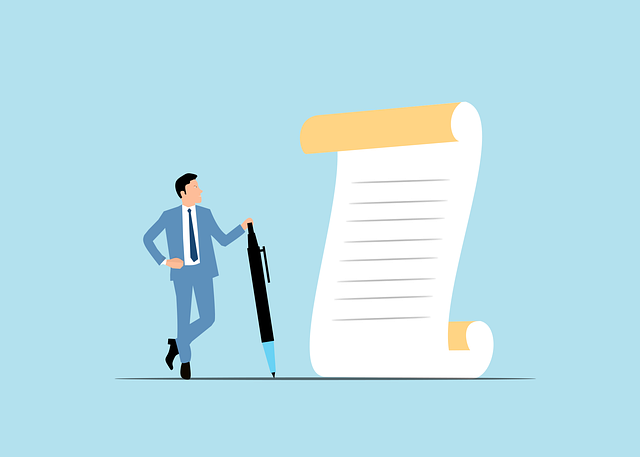
Post-Traumatic Stress Disorder (PTSD) is a complex mental health condition that can significantly affect individuals who have experienced or witnessed traumatic events, such as auto accidents or serious injuries caused by truck accidents. When a family member suffers from PTSD resulting from an injury claim, it can disrupt the entire household dynamics. Family members often find themselves adjusting to new roles and responsibilities as they support their loved one’s recovery.
The impact of PTSD extends beyond the individual; it creates a ripple effect within the family unit. Everyday tasks and routines might need to be rearranged, and emotional support becomes essential for managing symptoms like flashbacks, nightmares, and severe anxiety. A truck accident lawyer or personal injury attorney can play a crucial role in helping families navigate the legal process while also addressing the mental health needs of their loved ones affected by auto accident injuries or other serious traumas. Understanding these challenges is vital to providing adequate support during the healing journey.
Navigating the Complexities of PTSD Injury Claims
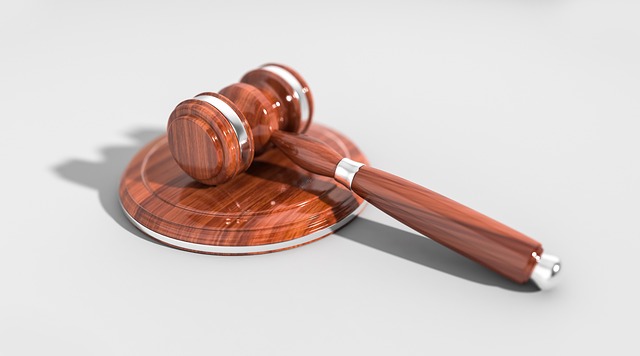
Navigating the complexities of PTSD injury claims can be a challenging and often overwhelming process, especially for family members supporting a loved one struggling with post-traumatic stress disorder (PTSD). This is particularly true when dealing with potential nursing home neglect or property damage claims related to the injury. The first step in managing these challenges is understanding the nuances of PTSD as a disability, which can significantly impact an individual’s daily functioning and mental health.
Family members play a crucial role in assisting their loved ones in pursuing compensation for their suffering. This involves gathering medical evidence, documenting the extent of the PTSD symptoms, and ensuring all legal deadlines are met. It’s important to remember that each claim is unique, and what works for one case may not apply to another. Family support can make a significant difference, offering both practical assistance and emotional backing throughout the often lengthy process of pursuing property damage claims or addressing potential nursing home neglect issues.
Support Systems and Resources for Families Affected by PTSD

For families coping with a loved one’s Post-Traumatic Stress Disorder (PTSD), accessing support systems and resources is vital to navigating this challenging journey. Beyond seeking professional therapy, there are several avenues to explore for assistance. Many non-profit organizations specialize in providing aid to PTSD survivors and their families, offering a range of services from crisis intervention to peer support groups. These networks can be invaluable, connecting individuals with others who understand the unique struggles associated with PTSD injury claims.
Additionally, legal representation plays a significant role in supporting family members affected by car accident injuries or other traumatic events leading to PTSD. Skilled attorneys specializing in personal injury and disability law can guide families through complex homeowner insurance claims processes, ensuring they receive fair compensation for the psychological and physical toll of such experiences. This support is crucial in mitigating financial burdens and allowing families to focus on their loved one’s healing.
PTSD injury claims aren’t just about individual healing; they’re a vital step towards repairing fractured family dynamics. Understanding the complexities of PTSD and accessing available support systems can help families affected by this condition rebuild and strengthen their bonds. By recognizing the impact of PTSD on loved ones, we can foster an environment where every member receives the care and resources necessary for recovery. Navigating the claim process with knowledge and support can be a game-changer in the journey towards healing and reconciliation.




